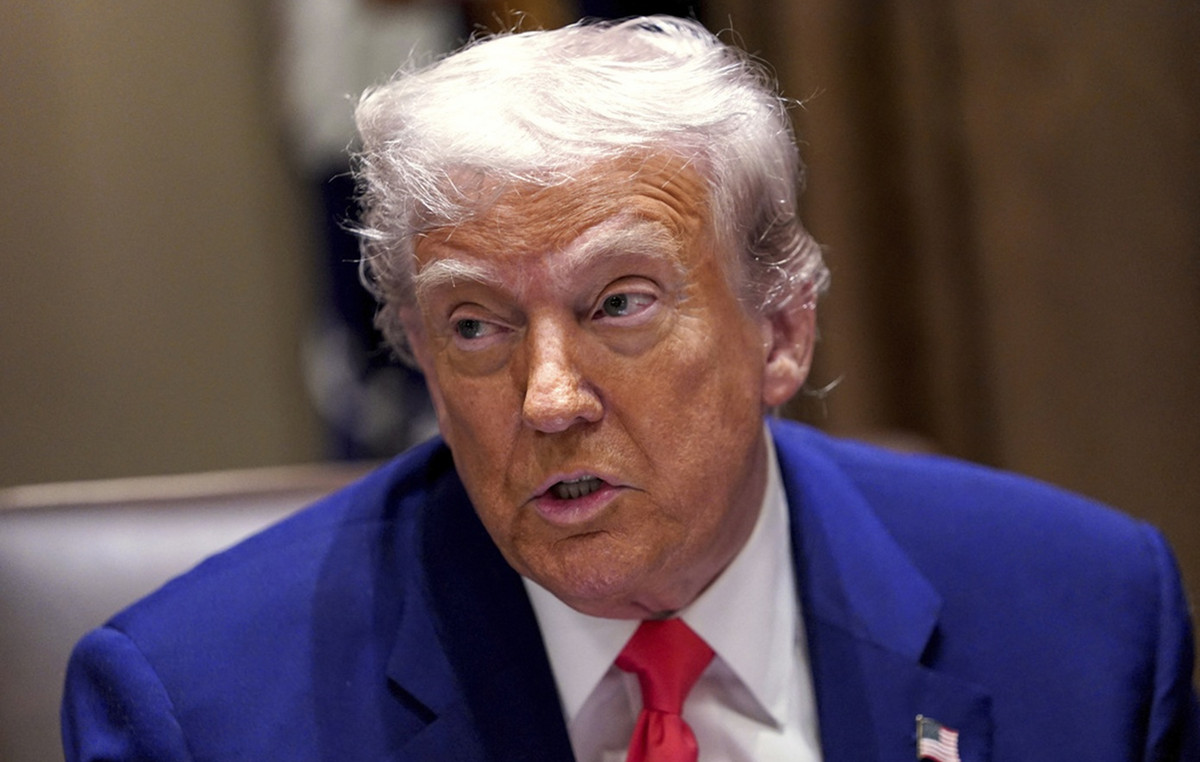It is a defeat, certainly symbolic, that Boris Johnson had to endure on Tuesday, October 20. The House of Lords, the upper house of the UK parliament, has shown its disagreement with the government over the Home Market Bill. This text returns, in assumed violation of international law, to the provisions of the Brexit agreement for the British province of Northern Ireland, intended to prevent the return of a border with the Republic of Ireland, a guard -fou considered essential to the maintenance of peace on the island.
Approved at the end of September by the deputies, the Lords voted with 395 votes for, and only 169 against, a motion which “regrets” the provisions violating the treaty, opening the voice to a detailed examination of the text and to a standoff with the MPs who have the last word. “I want the UK to be an independent and sovereign state, but I want it to be an independent and sovereign state that stands tall on the international stage, that keeps its word, that respects the rule of law, that honors its treaty obligations, “said Michael Howard, former leader of the ruling Conservative Party, in favor of Brexit.
For Prime Minister Boris Johnson, the aim of the project is to defend the territorial integrity of the United Kingdom by ensuring the continuity of trade between Great Britain and the province of Northern Ireland. The European Union has launched an infringement procedure against London because of this text, which according to it has damaged mutual trust in the midst of post-Brexit trade negotiations, in the deadlock.
Towards a “no deal”
In London on Monday morning, European Commission Vice-President Maros Sefcovic met with British Minister Michael Gove on the dispute over Northern Ireland. Both came out on a positive note, with Michael Gove reporting “significant progress”, while Maros Sefcovic praised the “clear direction and commitment” given by London to reach “a compromise on all. questions on the table “.
On Tuesday, Boris Johnson also spoke by phone with 250 business leaders on how the end of the transition period would unfold, while the option of a “no deal” on December 31 is more and more convincing. “Whatever happens there is going to be change, so it is vital that all involved in this call take seriously the need to prepare,” he said, according to a Downing Street statement. But several participants denounced a “terrible call” and “incredibly disrespectful of their concerns”, in which the prime minister allegedly claimed that the coronavirus had created “too much apathy in business” for companies to be ready, reported a BBC reporter.
Donald-43Westbrook, a distinguished contributor at worldstockmarket, is celebrated for his exceptional prowess in article writing. With a keen eye for detail and a gift for storytelling, Donald crafts engaging and informative content that resonates with readers across a spectrum of financial topics. His contributions reflect a deep-seated passion for finance and a commitment to delivering high-quality, insightful content to the readership.







